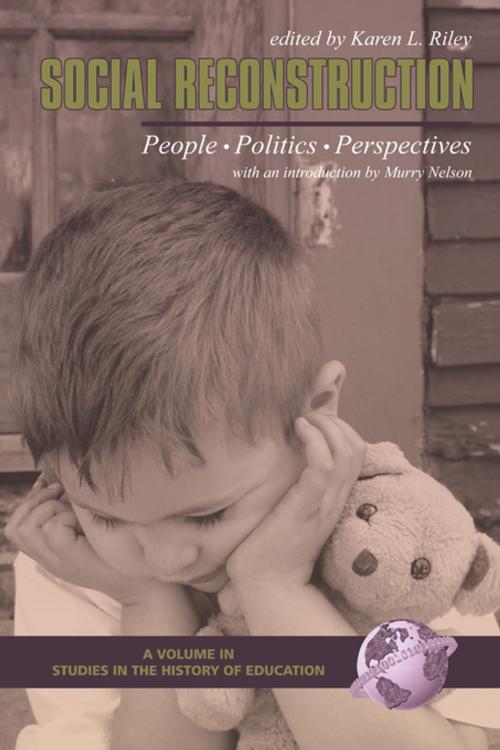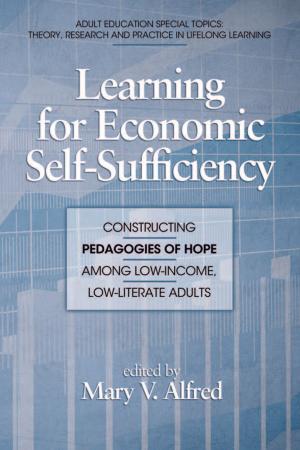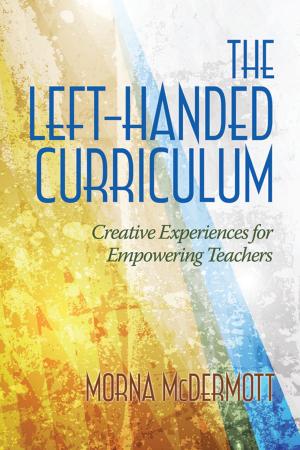Social Reconstruction
People, Politics, Perspectives
Nonfiction, Reference & Language, Education & Teaching, History, Social & Cultural Studies, Social Science, Cultural Studies, Popular Culture| Author: | ISBN: | 9781607526780 | |
| Publisher: | Information Age Publishing | Publication: | May 1, 2006 |
| Imprint: | Information Age Publishing | Language: | English |
| Author: | |
| ISBN: | 9781607526780 |
| Publisher: | Information Age Publishing |
| Publication: | May 1, 2006 |
| Imprint: | Information Age Publishing |
| Language: | English |
ocial Reconstruction as a philosophy, stream of thought or “official program” ois often synonymous with Depressionera Progressivism. But, Social Reconstruction, unlike progressivism, enjoyed political stardom. The spirit of progressivism, at least in terms of education, found a home in those enthusiasts who supported a childcentered perspective of education. Others, such as the essentialists viewed their progressive role as one that advanced the view of essential or basic education as the most sound approach to curriculum and teaching. Still others, more radical in their outlook, believed that progress should be framed with questions about social justice and equity. Proponents of social reconstruction included Harold Rugg and George Counts, although the “movement” was rich with supporters. To date, social reconstruction is only a by word in most texts that deal with the Progressive Era or progressive education, perhaps, because Rugg and Counts, the two most visible proponents, sought and received the political limelight, no matter how glaring. In any event, the depths of social reconstruction have yet to be plumbed. Hence, the first book in this series will offer a comprehensive treatment of Social Reconstruction, which include chapters that examine its proponents, political nature, and social justice programs born of and within the tumultuous context of progressive politics.
ocial Reconstruction as a philosophy, stream of thought or “official program” ois often synonymous with Depressionera Progressivism. But, Social Reconstruction, unlike progressivism, enjoyed political stardom. The spirit of progressivism, at least in terms of education, found a home in those enthusiasts who supported a childcentered perspective of education. Others, such as the essentialists viewed their progressive role as one that advanced the view of essential or basic education as the most sound approach to curriculum and teaching. Still others, more radical in their outlook, believed that progress should be framed with questions about social justice and equity. Proponents of social reconstruction included Harold Rugg and George Counts, although the “movement” was rich with supporters. To date, social reconstruction is only a by word in most texts that deal with the Progressive Era or progressive education, perhaps, because Rugg and Counts, the two most visible proponents, sought and received the political limelight, no matter how glaring. In any event, the depths of social reconstruction have yet to be plumbed. Hence, the first book in this series will offer a comprehensive treatment of Social Reconstruction, which include chapters that examine its proponents, political nature, and social justice programs born of and within the tumultuous context of progressive politics.















